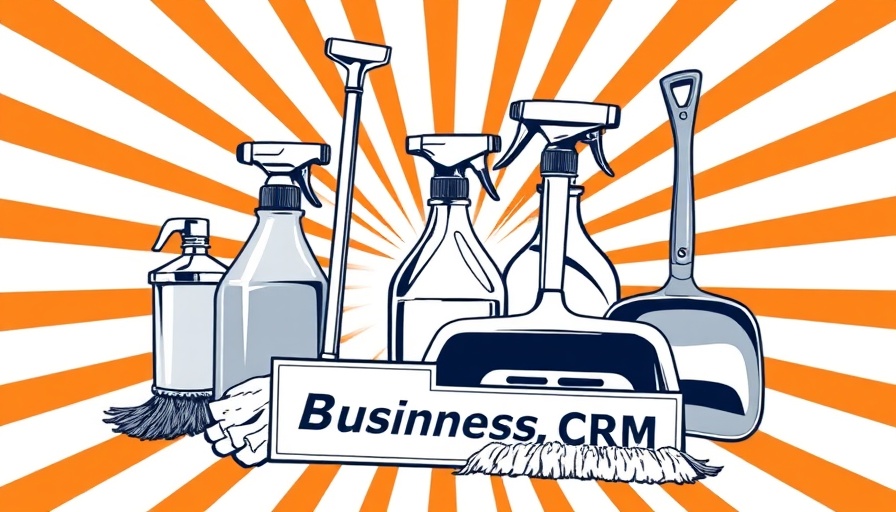
The Rise of AI in Marketing: A Revolutionary Change
In recent years, the marketing landscape has experienced a significant transformation, driven largely by advancements in artificial intelligence (AI). For many professionals, the introduction of tools like ChatGPT has opened up a new horizon for their marketing strategies. Running a zero-employee marketing agency using AI tools has become a viable alternative to traditional methods that require robust teams and extensive resources.
Understanding the Zero-Employee Model
This new model embraces efficiency without sacrificing creativity. Individuals can now optimize their marketing processes through AI, greatly minimizing the overhead costs typically associated with hiring a full staff. For instance, professionals such as consultants and coaches can dedicate their time to strategy and client relations rather than micromanaging team projects. This shift not only reduces stress but also allows marketers to focus on what truly matters: delivering results for their clients.
How AI Tools Facilitate Marketing Activities
Adopting AI tools in marketing can dramatically change the way content is created and distributed. A practical example involves building specific workspaces around ChatGPT Projects. By crafting custom GPT pages for distinct brands, marketers can customize the AI’s capabilities to reflect a company’s unique voice and style. This tailored approach ensures that produced content resonates with the intended audience while maintaining brand integrity.
Leveraging Existing Content for Maximum Impact
A key strategy for running a successful zero-employee marketing agency is to utilize existing material. By starting with previously established content, marketers can improve efficiency and ensure quality. This approach resonates particularly with small business owners and consultants who often juggle multiple responsibilities and require effective time management.
The Community of Information and Resource Sharing
Another benefit of this model is the community that forms around knowledge sharing and resource utilization. Collaborating with fellow professionals using AI opens up a world where insights, best practices, and techniques are freely exchanged. Such a supportive network can help individuals overcome hurdles they face in their respective niches, enabling everyone to grow simultaneously.
Future Predictions: What Lies Ahead for AI in Marketing?
As AI technology continues to evolve, it’s predicted that the marketing landscape will adapt in remarkable ways. We may see increased personalization in marketing campaigns driven by data-driven insights gathered through AI tools. Additionally, the rise of augmented intelligence, where AI supports human creativity instead of replacing it, could redefine how brands connect with customers.
Final Thoughts: Embracing Change for Growth
For consultants, coaches, and small business owners, adopting AI tools is not just a trend; it’s an opportunity to thrive. Understanding and leveraging these advancements can transform marketing strategies, deepen client relationships, and ultimately lead to business success. The zero-employee agency model represents a future where efficiency and innovation lead the charge, allowing professionals to scale their services without the constraints of traditional employment structures.
Join the ranks of those embracing AI in marketing and discover the freedom, creativity, and opportunities that await. Whether you’re looking to enhance your current strategies or start anew, now is the time to explore how AI can supercharge your efforts.
 Add Row
Add Row  Add
Add 




Write A Comment